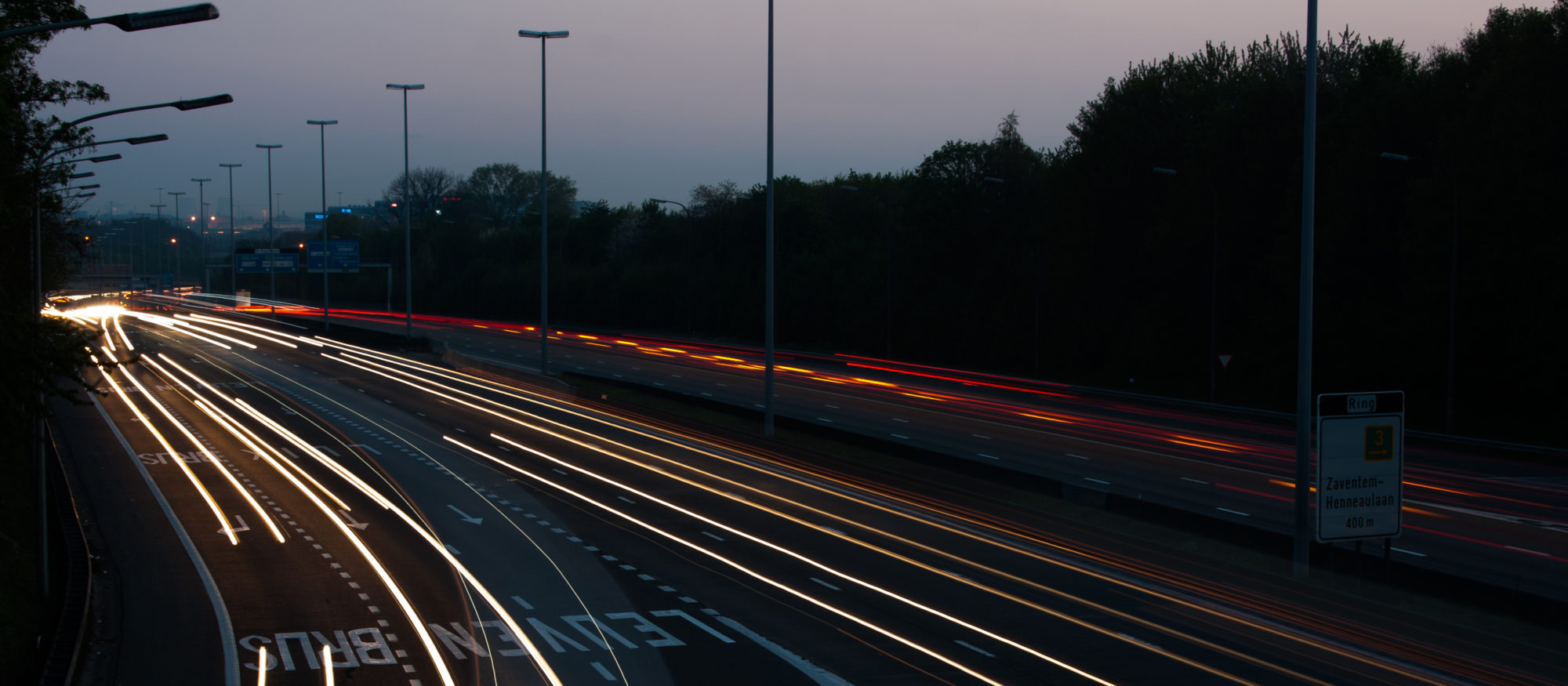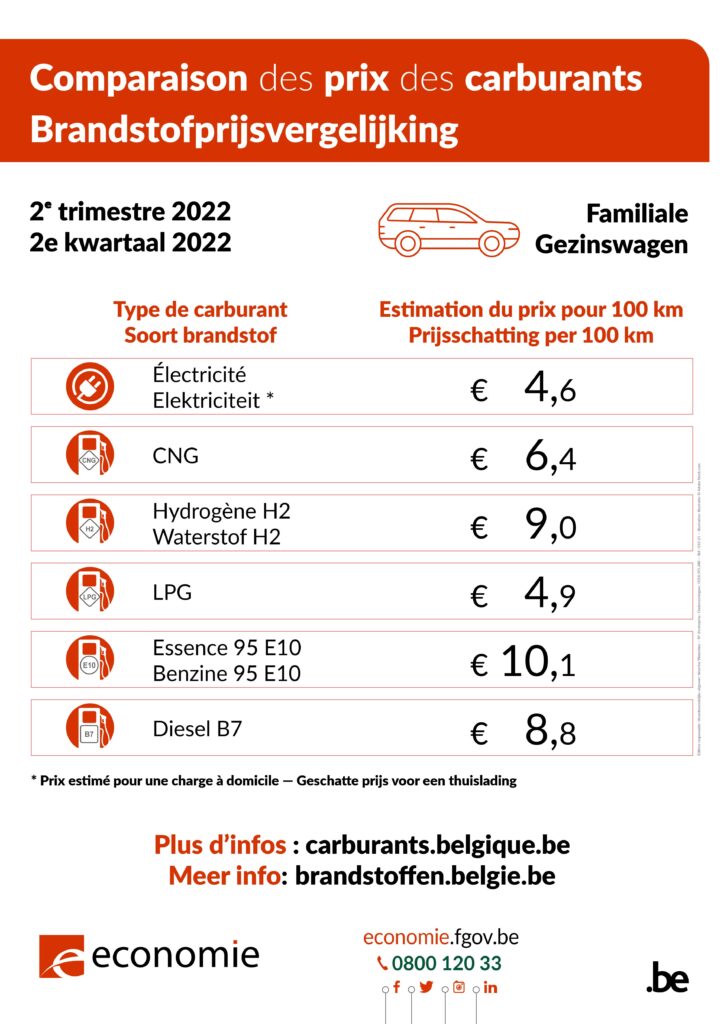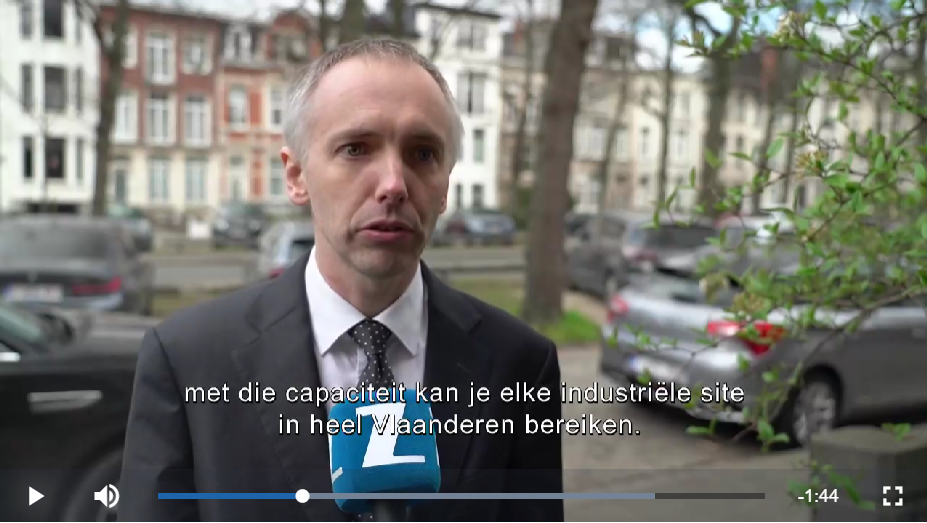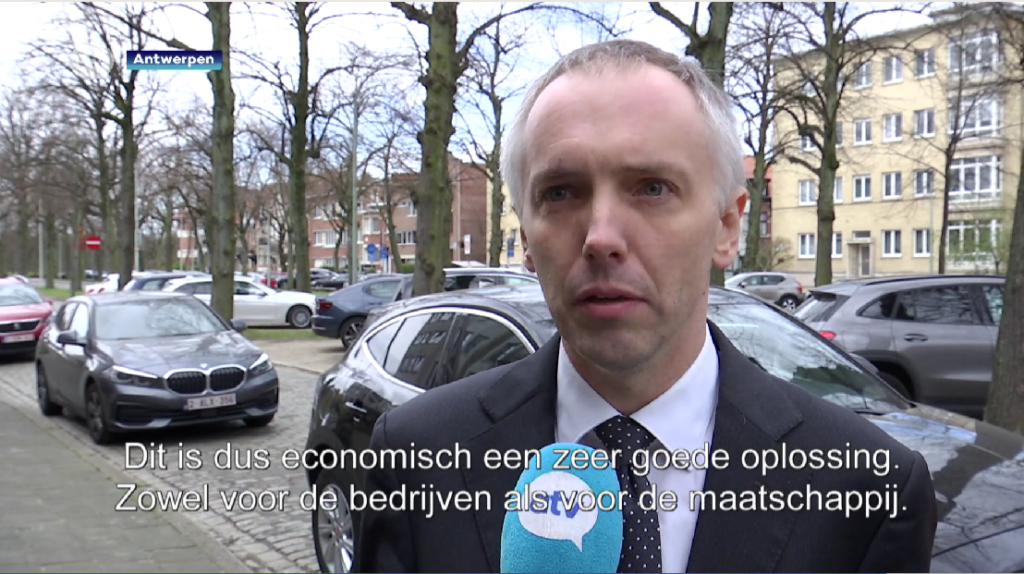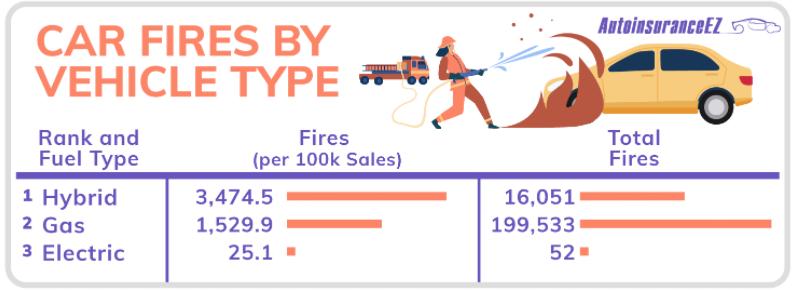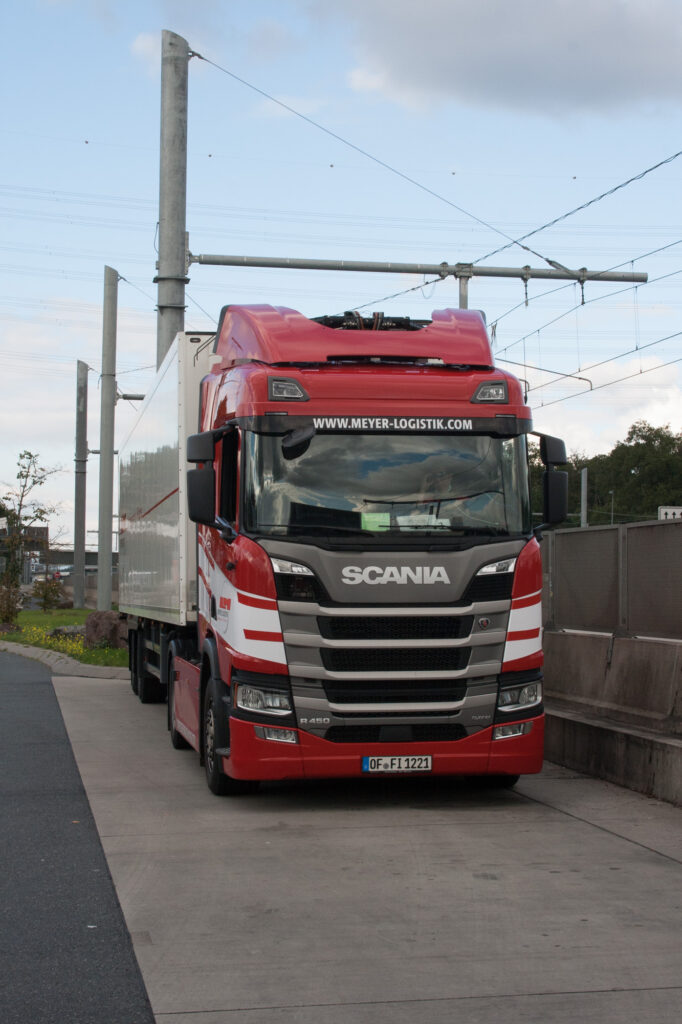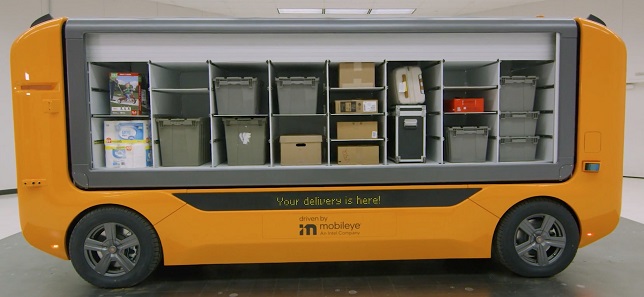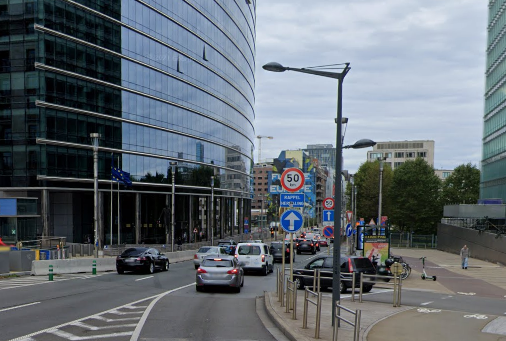
Company cars in Belgium are used as a way to save on wage taxes by the companies, because they are taxed differently to the wages. A company car has become a part of a standard salary package, and it has been like that for years. Politicians who want to change that are facing voter backlash, so nothing changes.
A recent article from Forbes about the situation in Belgium reminds this the issue.
